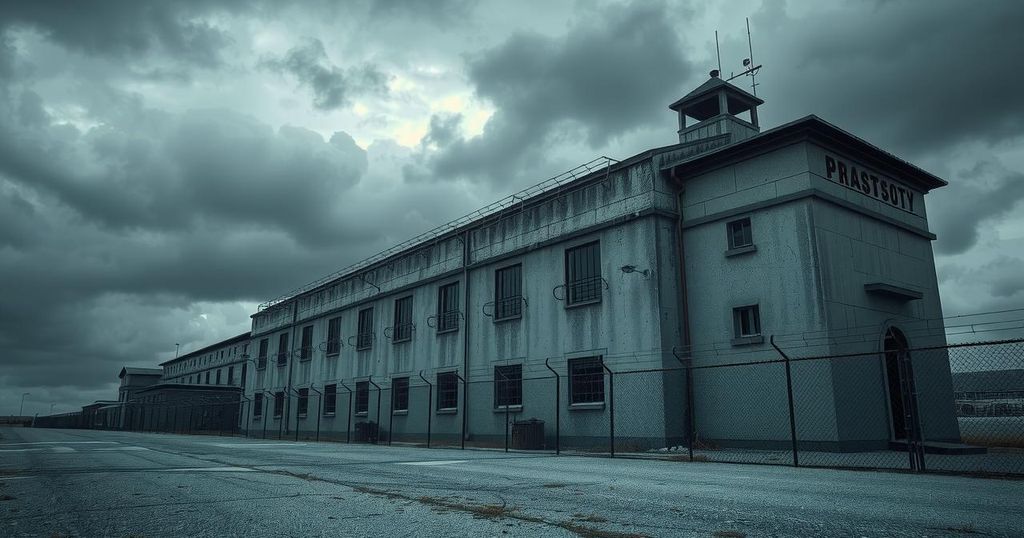Elections
Politics
ARAGUA, ASIA, CBS NEWS, CECOT, EL SALVADOR, FRANCO JOSE CARABALLO TIAPA, FRANCO JOSÉ CARABALLO TIAPA, GUN VIOLENCE, HENRY ALBORNOZ, HOMAN, JUSTICE, LEGAL ISSUES, NAY, NAYS, NORTH AMERICA, ORGANIZED CRIME, PHILIPPINES, POLITICS, TDA, TEXAS, TOM HOMAN, TREN DE ARAGUA, TRUMP, TRUMP ADMINISTRATION, U. S
Omar El-Sharif
Deportation of Venezuelans to El Salvador Prison Sparks Outrage and Concerns
A pregnant woman, Nays, discovered her partner, Henry Albornoz, among deported Venezuelans in a video arriving at a dangerous El Salvador prison. Claims from the Trump administration that deportees are gang members are disputed, with evidence of individuals seeking asylum and lacking criminal records. Ongoing legal disputes raise concerns over the deportation process and transparency in handling these cases.
The recent deportation of Venezuelan migrants, particularly to a notorious prison in El Salvador, has garnered significant attention. Nays, a pregnant partner of one of the deportees, Henry Albornoz, identified him in a distressing video alongside over 200 other men. She expressed immense fear for his well-being, stating, “He’s not going to be there when his child is born.”
Henry had crossed into the U.S. over a year ago and worked as a mechanic until being detained during a routine check with immigration authorities in January. Nays maintains that he is not involved in gang activity, countering claims from the Trump administration that these deportees, including her partner, are affiliated with criminal gangs.
Evidence reveals that some deportees, such as 26-year-old Franco José Caraballo Tiapa, had sought asylum in the U.S. and possess no criminal records. In response to the controversy, Tom Homan from ICE has defended the deportation actions, claiming that all rights were observed during the evaluation of the deportees’ backgrounds, although he admits he has not personally reviewed each case. He stated, “Not every gang member has a criminal record.”
A judicial ruling on the deportations is pending, with the Trump administration recently invoking state secrets to withhold further details from a federal judge assessing whether the deportations breached his directives to halt the flights carrying Venezuelan immigrants.
The situation surrounding the deportation of Venezuelans to a dangerous prison in El Salvador highlights significant concerns regarding their treatment and the claims of gang affiliations. Nays’s experience reflects the emotional turmoil faced by families of deportees, and the ongoing court case raises questions about the legality and transparency of the deportation process. As the Trump administration faces scrutiny, the fate of these individuals remains uncertain.
Original Source: www.cbsnews.com








Post Comment